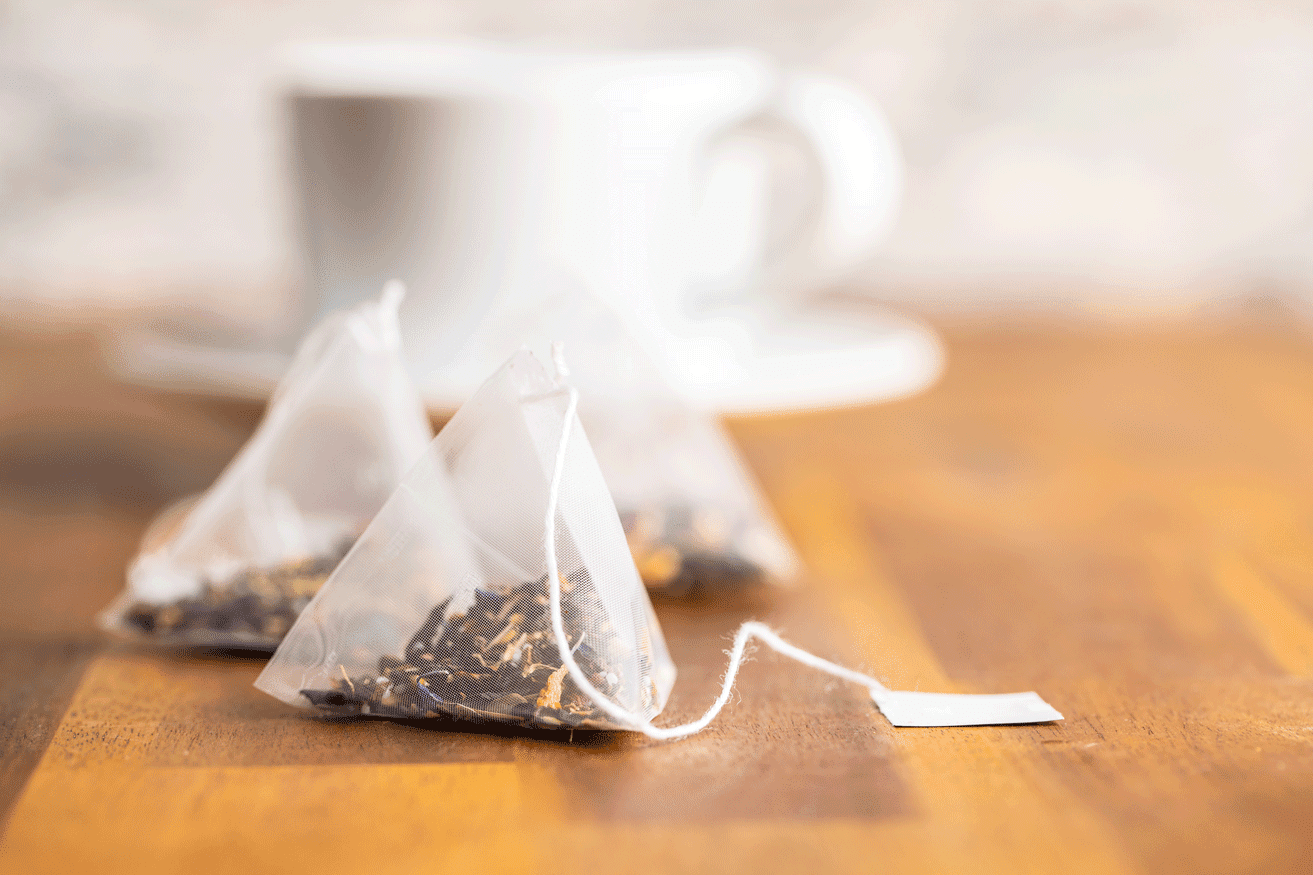A new study suggests that some premium tea bags may leave billions of microscopic plastic particles in your cup.
Canadian researchers found that some plastic tea bags leach large amounts of microplastics into the water. Microplastics are found in the environment, tap water, bottles, and in some foods. The World Health Organization (WHO) says that such particles in drinking water do not appear to pose a risk, but the findings are based on "limited information" and calls for more research on the issue.
Researchers from McGill University in Montreal, Canada, called for more investigation into the health effects of microplastics. For the study, they bought four different commercial teas packaged in plastic bags. Most tea bags are made of paper with a small amount of plastic to seal them, while some premium brands use more plastic mesh to hold the pyramid shape of the tea bag.
In the experiment, the researchers removed the tea and placed the empty tea bags in water heated to 95°C (203°F), as if to brew tea. They found that a single plastic bag released about 11.6 billion microplastics and 3.1 billion smaller nanoplastic particles into the hot water. The particles are invisible to the naked eye. The level of particles released from tea bag packaging is much higher than previously reported plastic particles in other foods.
Researcher Laura Hernandez says they were surprised by the amount released compared to other studies. The discrepancy may be due to the concentration in smaller particles and the fact that the plastic is exposed to boiling water, not just room temperature water.
Hernandez and her team did not disclose the specific brands of tea used in their study. They recommend that consumers avoid plastic packaging, not a specific brand of tea. Consumers are encouraged to choose loose teas that are sold without packaging or come in paper bags. This is a chance for consumers to reduce plastic use and contribute less to its environmental burden.
In conclusion, there is no need to package tea in plastic, as this contributes not only to the ingestion of plastic, but also to its environmental burden.






